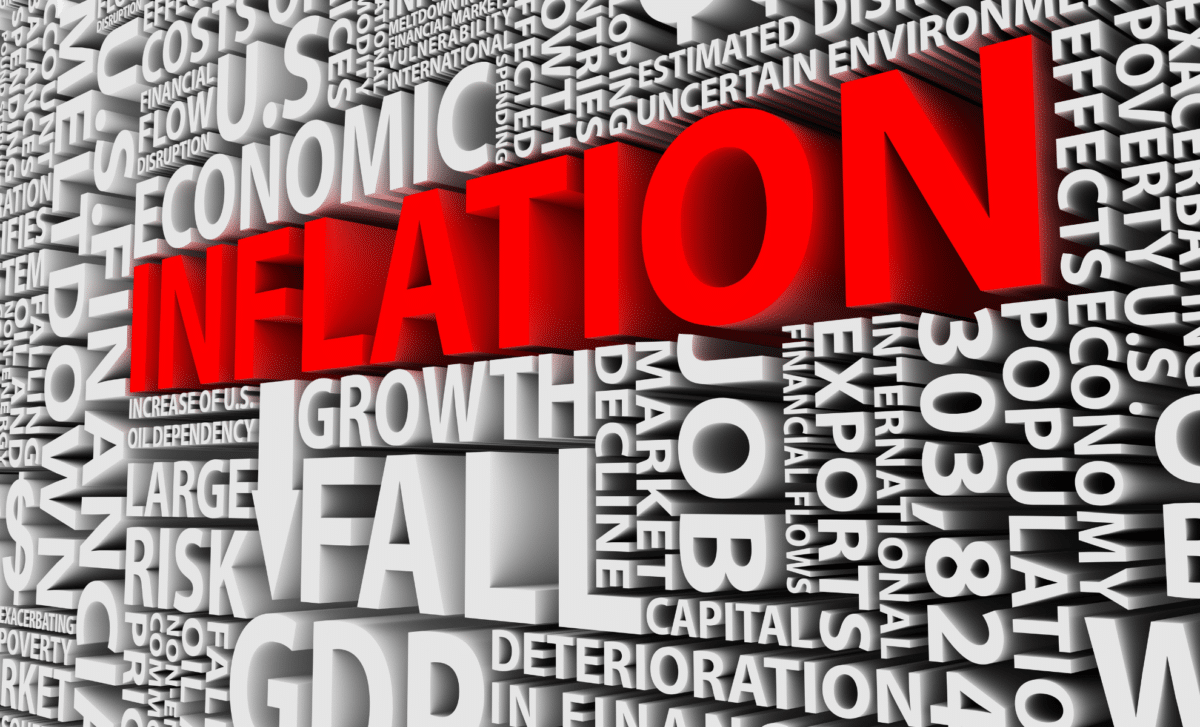Official data shows that UK inflation held steady at 4% in January, defying all the previous forecasts of a higher rise, as household goods’ and food prices drop counteracting the energy price surge. Even though core inflation is still at a higher rate, this steadiness offers some relief amid the ongoing cost of living crisis.
Unexpected Stability: UK Inflation Holds Firm at 4% Despite Forecasts
In a surprising turn of events, the UK’s inflation rate remained unchanged at 4% year-on-year in January, defying earlier predictions of a rise. This unexpected stability can be attributed to notable decreases in the prices of furniture, food, and household goods, which have helped offset the sharp increase in energy costs.
As households continue to grapple with rising living costs, the ability of certain goods to maintain affordability provides a glimmer of relief amidst broader economic uncertainties.
Core Inflation Remains Elevated Amidst Rising Services Inflation
Despite the stable inflation rate, essential product and service costs remain elevated, exacerbating the ongoing cost of living crisis in the UK. While the current stability may provide temporary relief, it does not fully address the underlying challenges faced by households. The Minister of Finance has acknowledged the progress in stabilizing inflation but stresses the need for intensified efforts to meet the previously set target of 2%.
Recognizing the paramount importance of price stability for citizens’ well-being and overall economic health, urgent government action is required to implement comprehensive measures aimed at curbing inflationary pressures.
Addressing the root causes of price increases, particularly in critical sectors such as energy and housing, is imperative to alleviate the burden on households and foster sustainable economic growth. Without swift and concerted action, the cost of living crisis is likely to persist, posing significant challenges to the prosperity and resilience of the UK economy.









